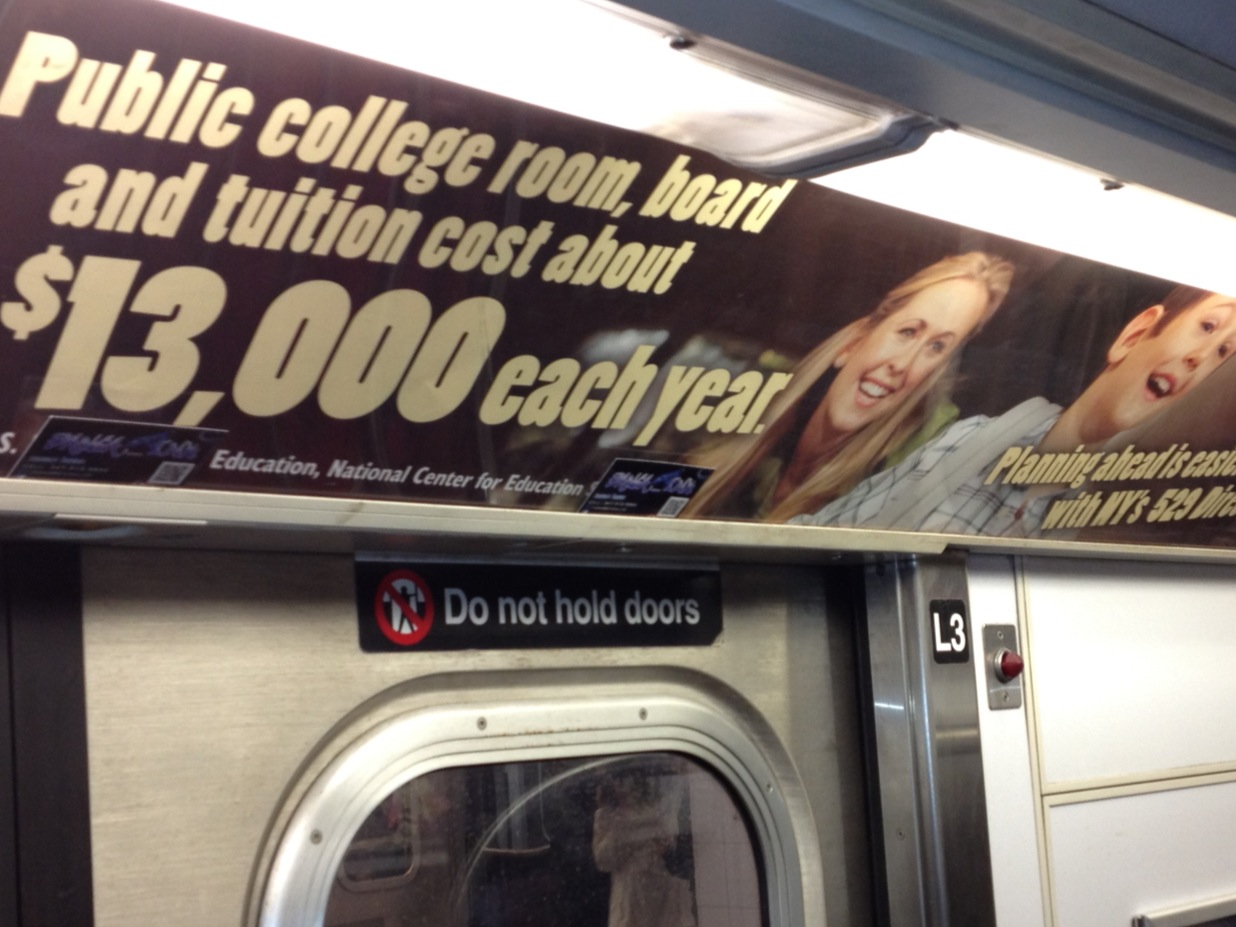Net Price Confusion
Today's NY Times notes the importance of considering the net price families pay for college, not the sticker price, using an example from Wisconsin. Specifically, in a column by David Leonhardt, Professor Sarah Turner presents data from the College Navigator tool (which in turn draws on the 2009-2010 IPEDS information) to show that " at the less-selective campuses in the University of Wisconsin system, for example, the average net annual cost for a year of tuition, room, board and fees in 2010-11 was almost $10,000 for families making less than $30,000, Ms. Turner said. At the flagship campus in Madison, by contrast, the equivalent net cost was $6,000. " While I'm certainly friendly to Turner's primary point-- that because of institutional financial aid attending the state's flagship may be effectively less expensive for needy students than attending another public university-- the recitation of this figure gave me cause for concern. First, as I pointed out h



